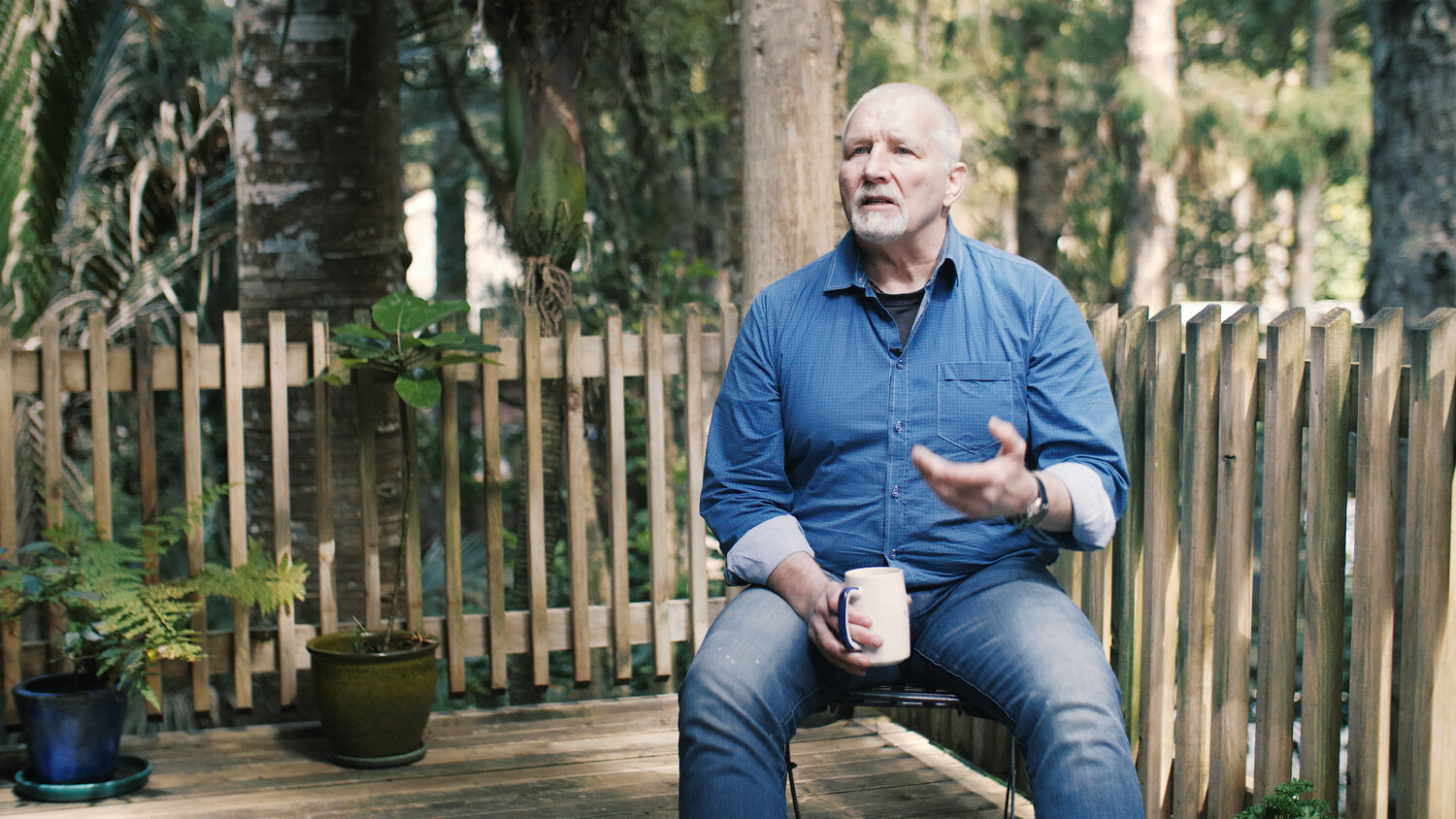We spoke with Jerry from Tickled Pink, a consultancy that advises business by using their teams experience to translate psychological research into language that people understand and actions that matter. Here he speaks on the difficulties faced by businesses in light of the ongoing pandemic and dealing with a new reality. And to top it all off, he laid out for us the Tickled Pink re-entry programme for life after lockdowns.
There’s a very evident problem right now with some businesses, where all around the world, you know, we were hit with the initial shock of the pandemic and the infections and the impact on societies; our social lives, our norms and boundaries all got shattered. And we were sent home to work from home—which worked for some, not for others. Then we were hauled back to work, “Let’s get back on the tools chaps as you were.” And then it happened again in New Zealand, and it’s happening again in Europe, and nobody is in a place to go, “Yes, sure, let’s go back to normal.” I think that the standard human response to an event like this—or an earthquake, or even a war—is a journey of response. It begins with a shock, which is followed by an anger—how dare this happened, why me, it’s not fair—which often morphs into a resistance. You know, I’m either going to deny it or push back against it or do what I can to mitigate it.
And then there becomes a slow acceptance process: well, this is the world, this is what’s changed, this is my place in that world, which then brings in a degree of healing. But that disruption fundamentally messes with our psyche. It messes with our normalcy, you know, we have a routine. I get up, I shower, I brush my teeth, I go to work, I go home—and that’s all gone. Even if the routine presumes some sense of normalcy, my trust in that has altered. And any business operator who thinks they can summon their team back to work and expect things to slot back into the way they were in December in anything less than two or three months is dreaming. There needs to be, I believe, a supported re-entry process. The same way as an astronaut having spent six months in space has a reentry process, or people who go to Scott Base for a winter—because their life and experiences have been so different in that period, they need to be helped to reset those boundaries and to reset those norms.
So a business that has even immediate, tight commercial goals has to work deeply and honestly to bring the team back into the room; metaphorically, you know. I’m here physically, but my emotions—I’ve had five to seven years of anxiety building around global warming and species dying out and everything else, and I may also have been hit by Brexit or Trump, and then the bush fires. So we’re seeing this existential anxiety around the world and the fact that in France last year, they found there were primary school kids presenting at school with clinical anxiety; when they explored that they couldn’t find any trauma, and they concluded there were absorbing their parents’ anxiety at the state of Europe—which was, you know, breaking apart financially and culturally.
So we have all of that, and then we have the virus. I don’t know anybody apart from perhaps somebody who is extremely wealthy and seclude themselves in an apartment or a castle somewhere who is unaffected emotionally, as well as physically. And so a business needs to show enough consideration and caring, and I use the word love. I have met CEOs who genuinely love their employees, and they demonstrate that love by giving them time, by listening to them by demonstrating compassion, empathy. Not just this sympathy or poor you, but listening deeply enough to understand how the world looks through your eyes and then trying to take steps, which in some way, remedy part of that situation.
So businesses have to demonstrate that before they will get anywhere close to normal productivity. And the way that Tickled Pink does that is by taking the business team through four pillars. The first pillar is reestablishing rhythm: what is the rhythm of our day and our week, the work in progress, meeting the sales, meeting the production requirements, etc. What are the informal meetings and gatherings that we can have again to create reassurance and refocus? The second is trust: what needs to be done to rebuild the trust? You may still trust me as your boss, or the business; but my trust in the world in life has been shaken. So I’m rocky, you know, I’m not resilient. The third part is connection: both the connections across the organization and even the connections the organization has with my family. I worked with some companies like New Zealand Steel who are wonderful at creating bonds with employees whanau and the cultural connections. So reestablishing and nourishing those connections will, in turn, rebuild trust and confidence.And the last part becomes the fabric, which is communication. You cannot over-communicate at this time. So whether it’s literally by Zoom, if we’re remote still, or whether it’s face-to-face in the corridors—you know, using the power of the mirror neurons, where I catch your eye and I see friendship there and support, my brain tells myself to relax—all that creates a sense of kinship.
So those four pillars—rhythm, trust, nature, and communication—are crucial to resetting the team; that is the re-entry program.
